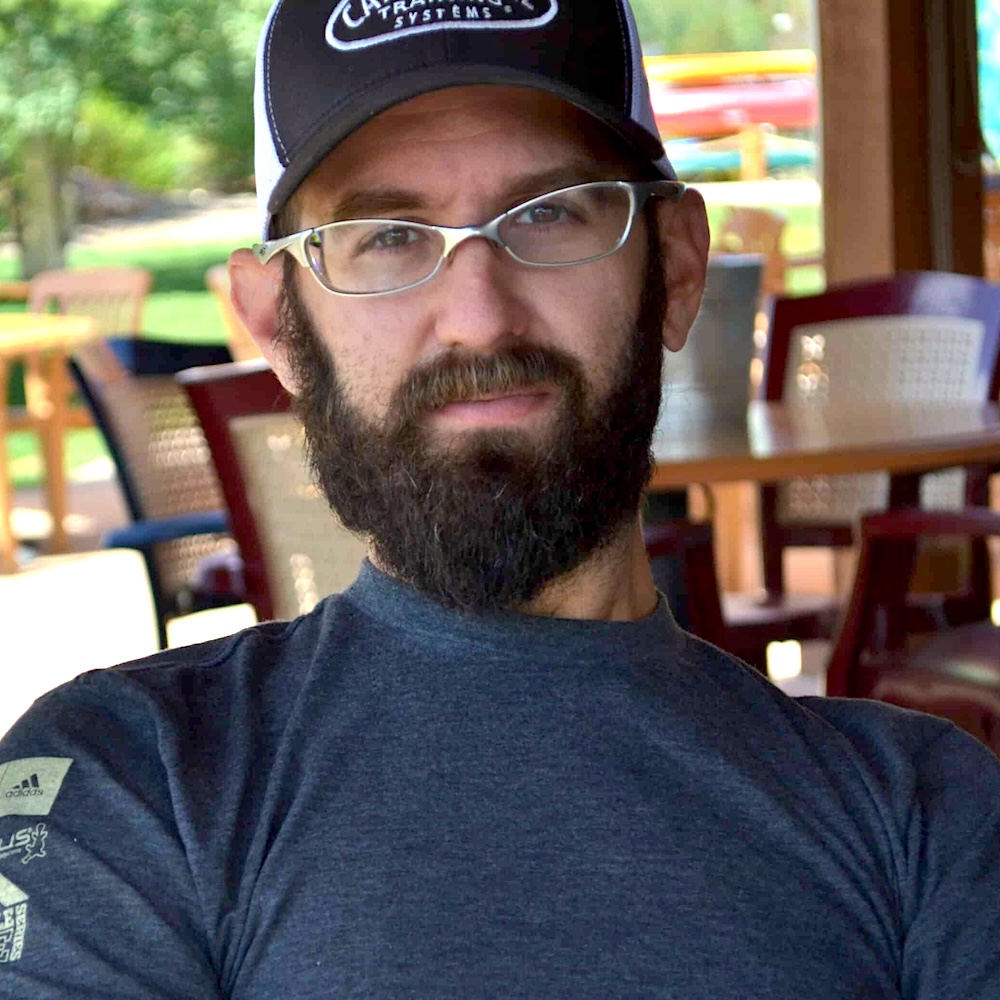
The 4 Worst Holiday Season Fitness Mistakes
The five weeks between Thanksgiving and New Year’s can result in a significant setback for your fitness, but with a little focus and determination you can avoid these four Holiday Season mistakes.
TOO MUCH ALCOHOL
Alcohol plays a role in a lot of holiday get-togethers, and even if you don’t drink much during the rest of the year, this is a period when it’s easy for alcohol consumption to increase significantly. Not only are there a lot of empty calories in beer, wine, and spirits, athletes in their 40s, 50s, and 60s don’t bounce back like we did in our 20s. The days of having a few drinks (or more) on Friday night and still having a strong ride or run on Saturday are probably long gone. When it comes to training quality or post-workout recovery, alcohol does you no favors. I’m not saying you need to be a teetotaler for the next five weeks, but do yourself a favor by not overdoing it.
Some quick tips for reducing alcohol intake during holiday events:
- During dinner parties, drink non-alcoholic beverages before the meal if you’re going to have beer or wine with dinner.
- During informal get-togethers, drink water or a non-alcoholic beverage between drinks containing alcohol. This reduces your alcohol intake tonight, and reduces the likelihood of a headache tomorrow.
- Bring your own. If you know most options at a get-together will be alcoholic beverages or generic sodas, bring something you really like, such as your favorite flavor of sparkling water.
TOO MUCH SUGAR
Sugar can be a great fuel for athletic performance, especially during intermittent and high-intensity training and events. However, the amount of added sugar in everyday foods is out of control. And during the Holiday Season, sweet treats further increase the opportunity to over-indulge in sugar. As with alcohol, I’m not recommending all-out abstention from sugar; just take proactive steps to avoid over-indulgence.
Feel Stronger in 6 Weeks — No Matter Your Age
Climbs feel steeper? Recovery slower?
You’re not done getting faster — you just need a smarter plan.
The 6-Week Masters Power Build Coaching Program is designed for cyclists 50+ who want to boost power, recover faster, and ride stronger — all with expert 1:1 coaching.
- Personalized 6-Week Training Plan
- 1:1 Coaching + TrainingPeaks Premium
- Mobility & Strength Bonus Guides
💪 Guarantee: Stronger or free.
Start your 6-week journey for $149Some quick tips to reduce sugar intake include:
- Increase fruit and vegetable intake in your everyday diet to reduce consumption of sugar added to bakery items, cereals, and other packaged foods.
- Choose your favorite sweet treat from the options available at a get-together. The most important component of this is the fact you’re making a conscious choice instead of mindlessly reaching for a portion of everything.
- Take half. A simple way to reduce portion size is to only take half a slice of cake/pie/etc. Split the piece with your partner or friend, or ask a server to only give you half a slice.
- Leave it at the party. Despite your mother-in-law’s insistence, leave the extra sweets at the party. If they’re not in your house the next day, you’re not going to eat them.
TOO LITTLE TRAINING STRESS
There’s a reason I didn’t use ‘too few workouts’ in the header for this section. While it is really advantageous to exercise consistently and stick to a routine as much as you can, you can also take a bigger-picture view of this 5-week period and focus on opportunities to keep your overall training stress at a level that’s typical for you. If that means your training frequency is more irregular, or you’re applying more stress with longer or harder workouts to compensate for periods when you won’t be training, that’s okay. You don’t have to be perfect; this is a period of the year when perfect is definitely the enemy of good.
► Free Cycling Training Assessment Quiz
Take our free 2-minute quiz to discover how effective your training is and get recommendations for how you can improve.
TOO MUCH SPECIFICITY
One of the best ways to prevent a drop in overall training stress is to diversify your training activities and worry less about sport specificity. Again, perfect is the enemy of good. Something is always better than nothing. So, if you can’t travel with your gear or you’re going to an area that’s not conducive to your primary sport, do something else! Hike, snowshoe, cross-country ski, rent a bike, lift weights, or jump into an exercise class you wouldn’t normally participate in. As coaches we preach sport specificity in training because it is the best way for elite athletes and time-crunched amateur athletes to achieve their sport-specific goals. But in the big picture I’d rather see an athlete stay active and accumulate generalized training stress for a month instead of pursuing sport specificity and experiencing a significant drop in training workload. Unless your goal event is in January, you have plenty of time for specificity; for now, focus on being consistently active.
I hope everyone has a safe and fun Holiday Season, and that you have the opportunity to close out the year with family and great friends.
Chris Carmichael
CEO and Head Coach of CTS
► FREE Mini-Course: Learn How to Maximize Your Limited Training Time
Learn step-by-step how to overcome limited training time and get faster. Walk away with a personalized plan to increase your performance.
"*" indicates required fields


Comments 1
Three cheers!